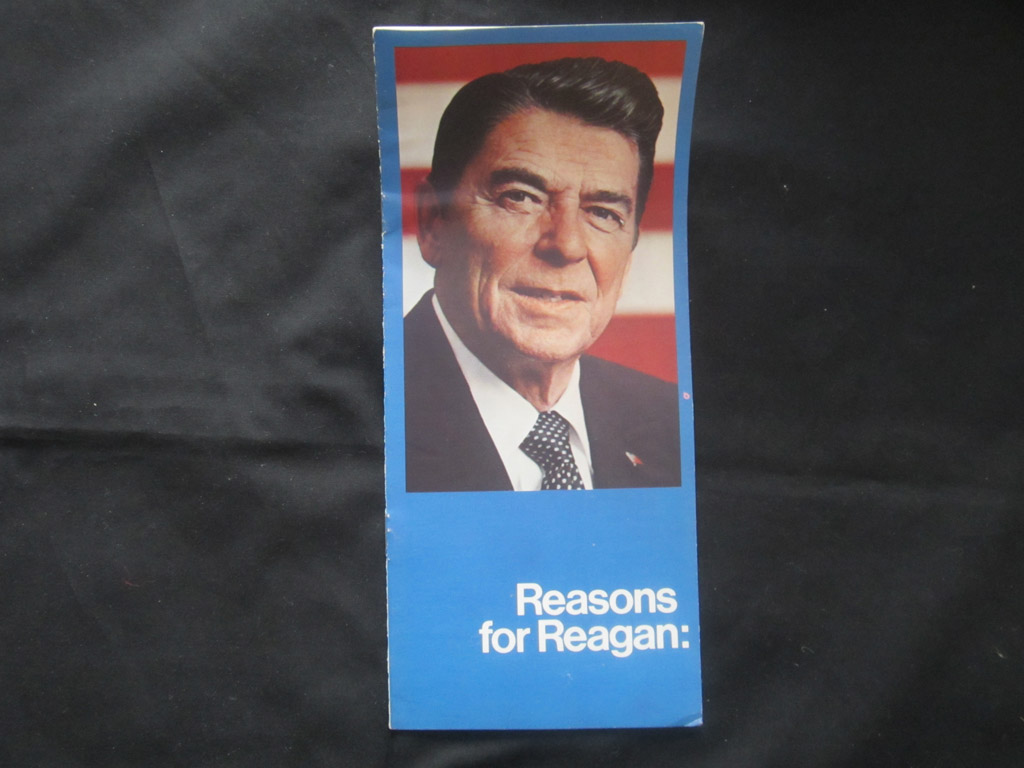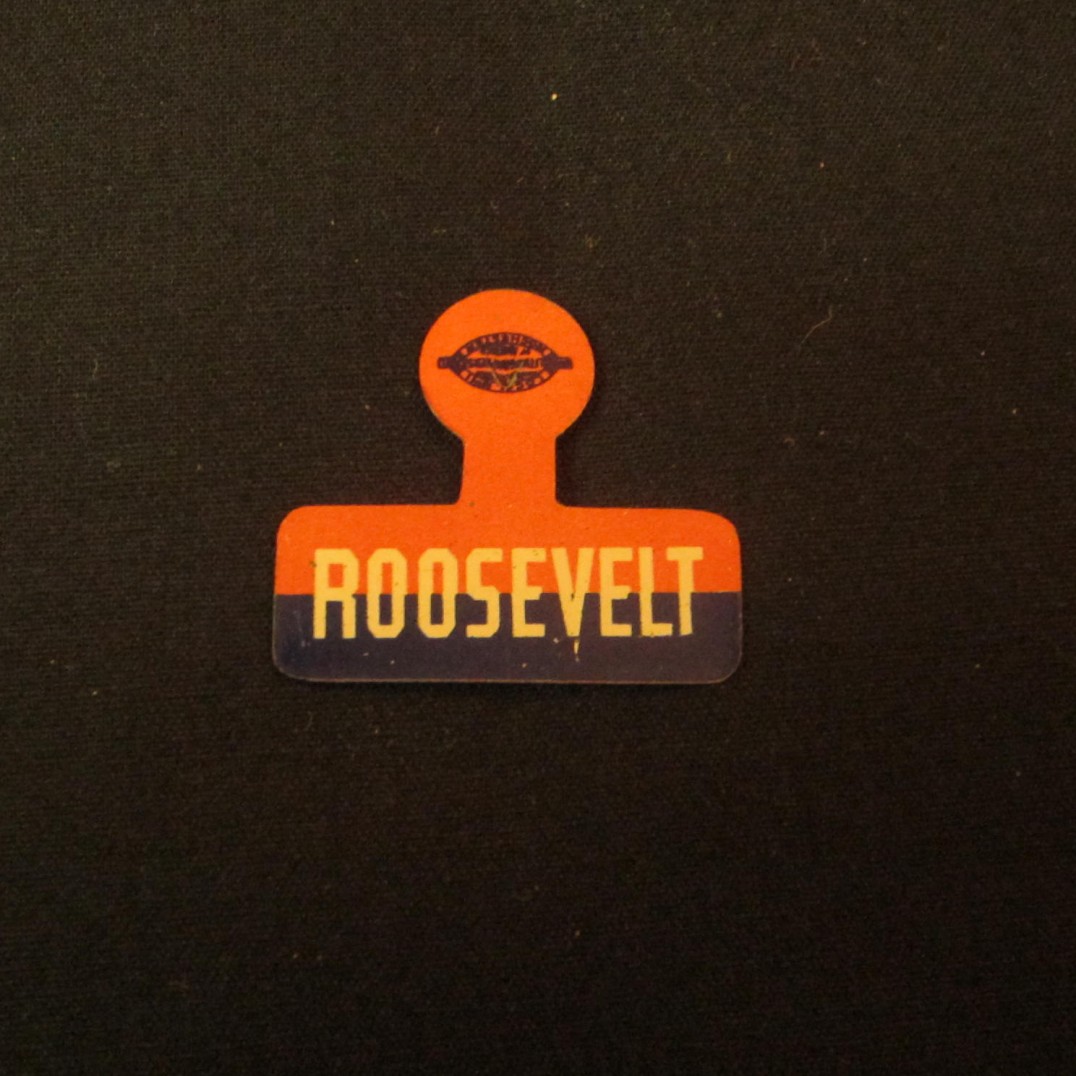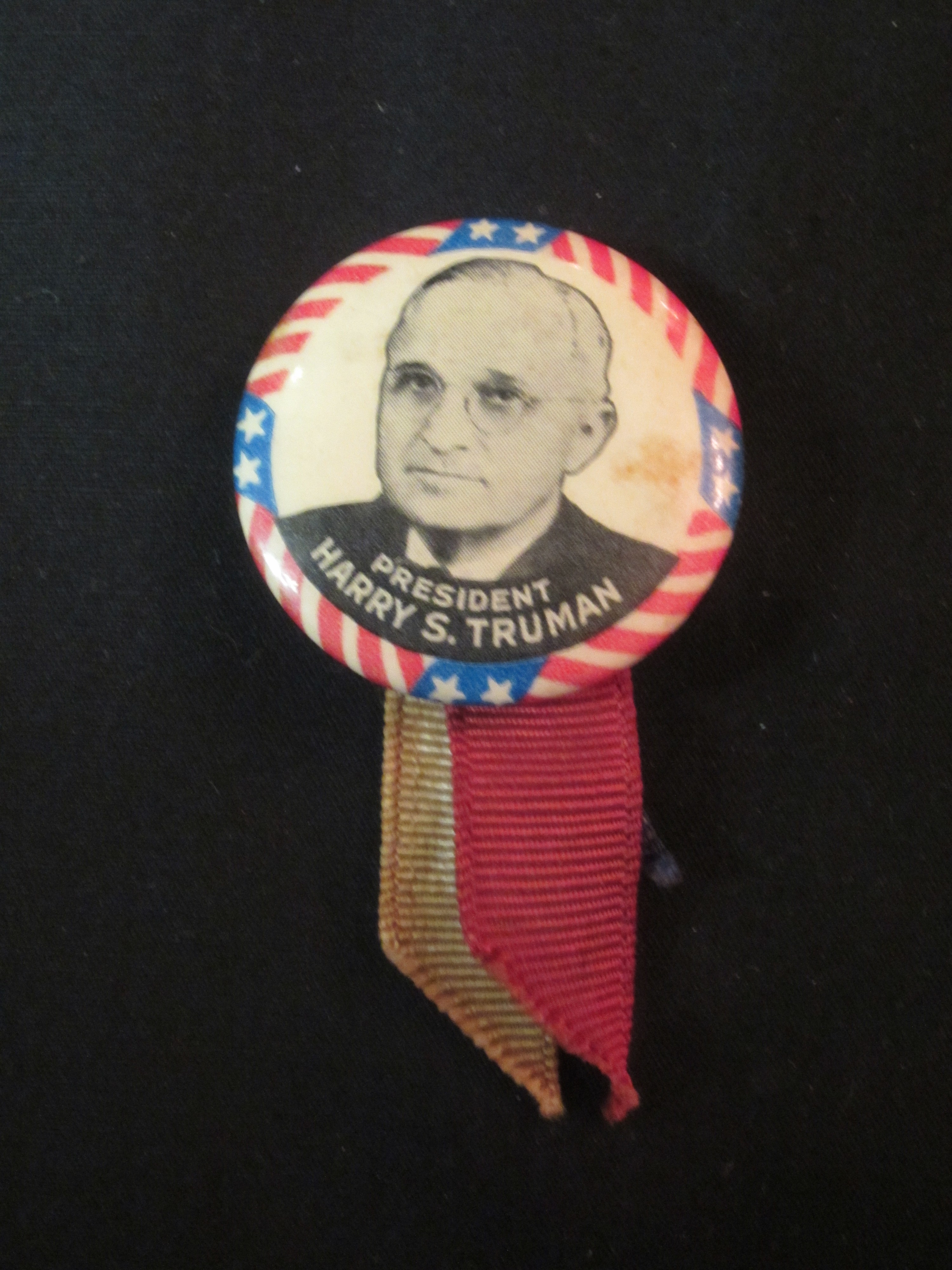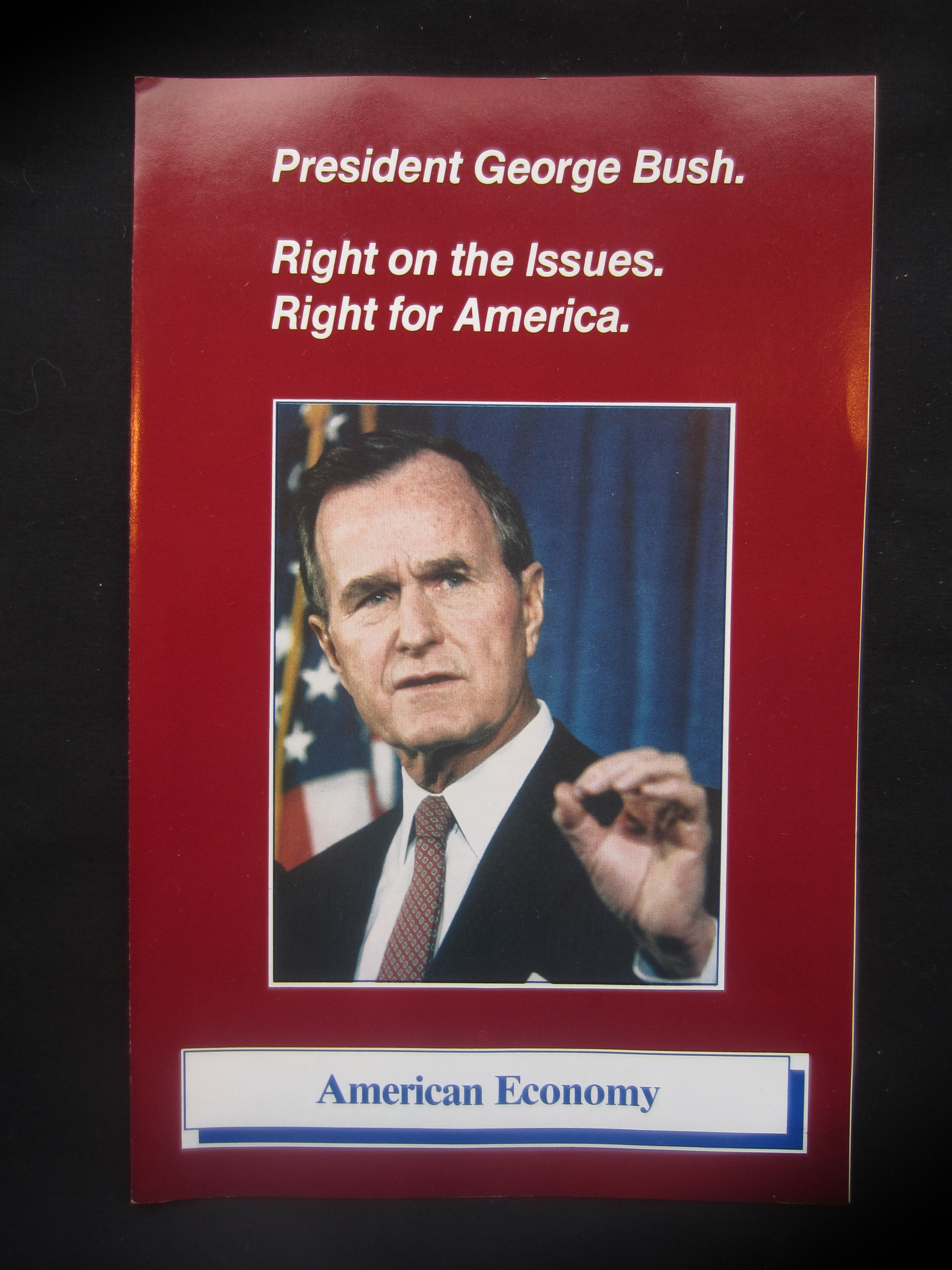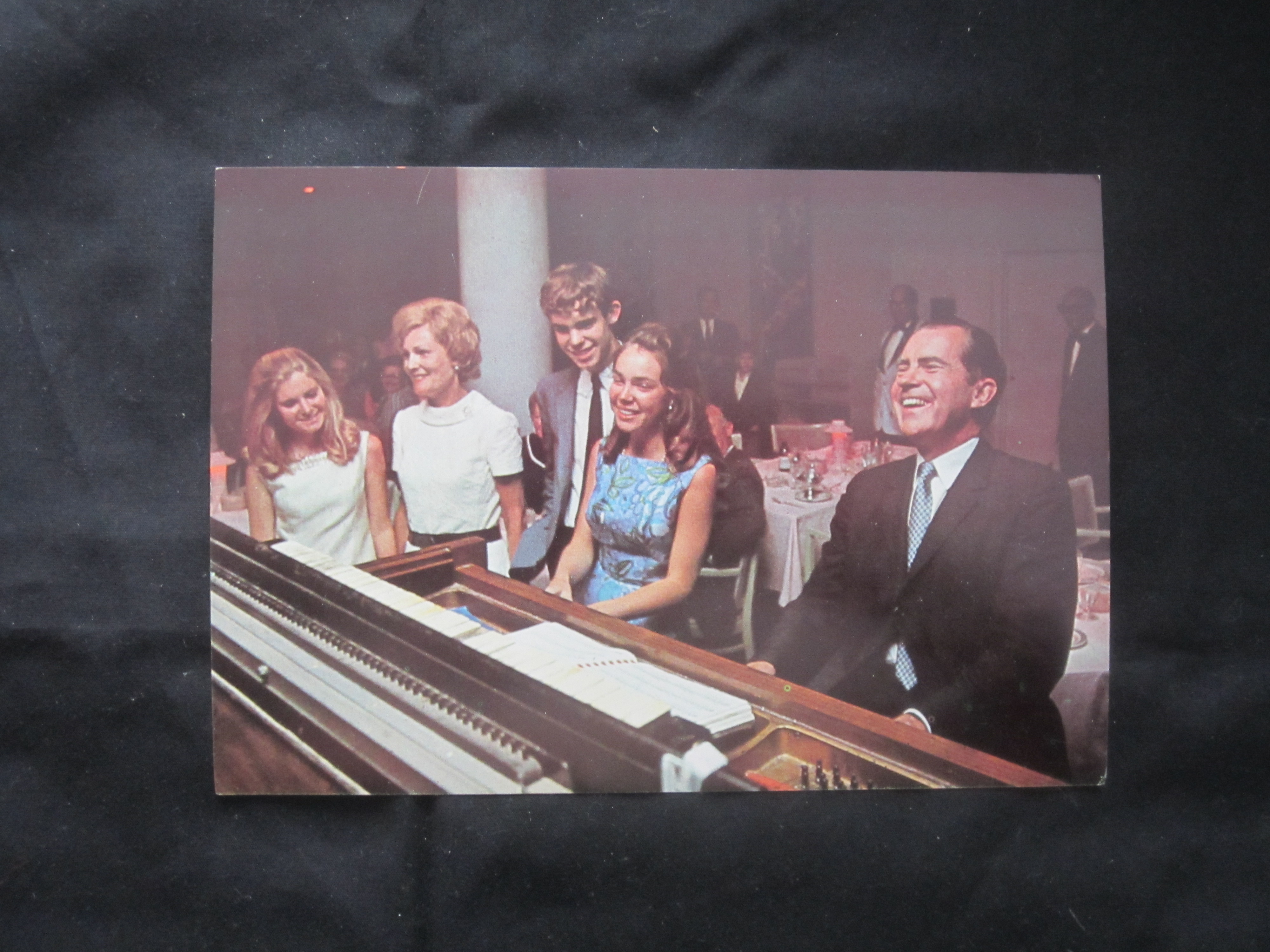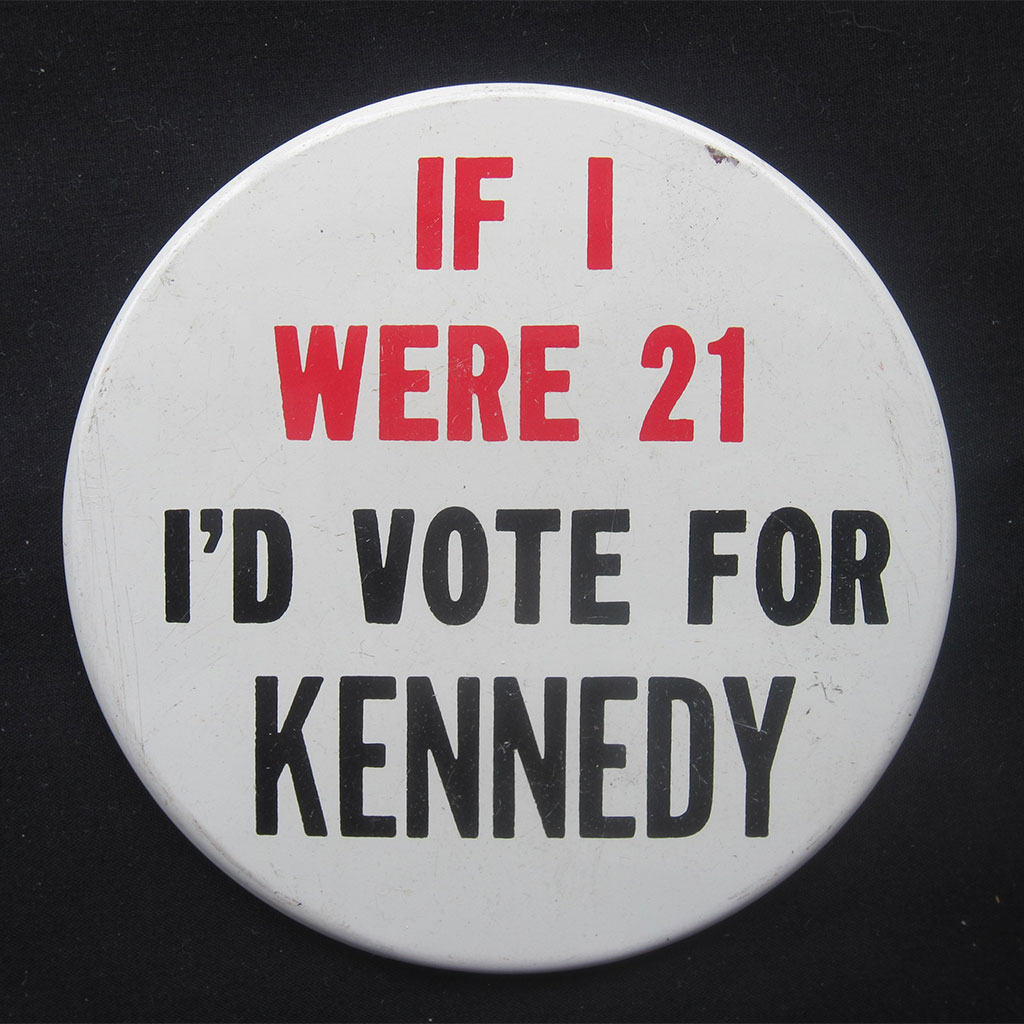1
1897 – Sir William Fielding brings in a heavy tariff, but with reciprocal provisions
1946 – Harry Truman establishes Atomic Energy Commission
1952 – William Bennett sworn in as British Columbia’s 25th Premier
1972 – Bob Woodward & Carl Bernstein have their first Watergate article published
2
HAPPY BIRTHDAY Bob Rae, 21st Ontario Premier, Liberal Party of Canada leader
1782 – George Washington creates honorary Badge of Distinction
1864 – Thomas D’Arcy McGee organizes goodwill tour of Atlantic Canada to promote Confederation
1909 – Abraham Lincoln pennies first minted
1943 – John Kennedy’s PT-boat 109 sinks at Solomon Islands
1945 – Harry Truman ends Potsdam Conference with Winston Churchill and Josef Stalin
1961 – Leslie Frost resigns as Ontario Premier
1969 – Richard Nixon visits Romania
1988 – Joe Clark lights candle at Rekindle the Light Festival protesting apartheid
1990 – George H. W. Bush orders troops to Saudi Arabia
2005 – Paul Martin appoints 5 new Senators
3
1863 – Abraham Lincoln asked to suspend draft in New York
1923 – Baseball games cancelled to honour the death of Warren Harding
1948 – Franklin Roosevelt advisor Alger Hiss accused of being a Communist
1961 – Tommy Douglas elected leader of New Democratic Party
1981 – Ronald Reagan gives striking air traffic controllers 48 hours to get back to work
2001 – George W. Bush signs the Iran and Libya Sanctions Act Extension Act into law
2005 – Paul Martin announces Michaelle Jean as Canada’s new Governor General
2015 – Barack Obama unveils his Clean Power Plan
2015 – Barack Obama gives Isabel Allende the US Presidential Medal of Freedom
4
HAPPY BIRTHDAY Barack Obama, 44th President of the United States
1753 – George Washington becomes a Master Mason
1943 – George Drew and the Ontario Progressive Conservative Party win election
1955 – Dwight Eisenhower authorizes money for building new CIA headquarters
1960 – John Diefenbaker’s Bill of Rights approved by Parliament
1977 – Jimmy Carter establishes Department of Energy
1991 – Robert Bourassa re-joins constitutional talks
2009 – Bill Clinton meets with Kim Jong-il
5
1861 – Abraham Lincoln signs the first federal income tax, 3%, into law
1919 – William Lyon Mackenzie King elected leader of Liberal Party
1960 – Arthur Meighen passes away
1974 – Richard Nixon admits he withheld information about Watergate break-in
1981 – Ronald Reagan fires 11,500 striking air traffic controllers
2003 – John Hamm and the Nova Scotia Progressive Conservative Party are re-elected
2004 – Bill Clinton has a book signing in Toronto
2014 – Barack Obama signs the Iron Dome Bill, providing military aid to Israel
6
HAPPY BIRTHDAY Lord Lorne, 9th Duke of Argyle, 4th Governor General of Canada
HAPPY BIRTHDAY Paul Hellyer, former Liberal cabinet minister
1858 – John A. Macdonald-George-Etienne Cartier government resigns for one day
1930 – William Lyon Mackenzie King resigns as Prime Minister
1965 – Lyndon Johnson signs Voting Rights Act
1986 – Bill Vander Zalm sworn in as British Columbia’s 28th Premier
1991 – Jean Charest announces new Aulavik National Park
1991 – Bob Rae recognizes First Nations right to self government
1996 – Bill Clinton imposes sanctions on non US companies investing in Libya and Iran
2002 – Joe Clark announces resignation as leader of Progressive Conservative Party of Canada
7
1782 – George Washington creates the Purple Heart
1858 – George-Etienne Cartier adopts confederation as part of party platform
1858 – John A. Macdonald-George-Etienne Cartier ministry re-sworn in after one day resignation
1865 – Narcisse-Fortunat Belleau joins John A. Macdonald’s ministry as co-premier
1867 – Sir John A. Macdonald begins campaigning in first post-confederation election
1929 – William Lyon Mackenzie King dedicates Peace Bridge
1930 – Richard Bennett invited to form a government
1948 – Louis St. Laurent wins leadership of Liberal Party
1959 – Abraham Lincoln Memorial penny goes into circulation
1975 – Pierre Trudeau announces intent to set up 200 mile economic coastal zone
8
HAPPY BIRTHDAY Joan Mondale, wife of former Vice-President
1922 – John Bracken sworn in as Manitoba’s 11th Premier
1944 – Maurice Duplessis and the Union National win Quebec election
1945 – Harry Truman signs UN Charter
1968 – Richard Nixon nominated for President by Republicans
1973 – Spiro Agnew denies that he took kick backs from contracts while in Maryland
1974 – Richard Nixon announces he will resign at “noon tomorrow”
1982 – Pierre Trudeau gives one finger salute to protesters
1987 – Pierre Trudeau attends wedding of Rene Simard and Marie-Joseph Taillefer
1996 – Jean Chretien appoints a former Prime Minister as Canadian consul general in Los Angeles
1996 – Kim Campbell named as Canadian Consul General in Los Angeles
1996 – Jean Chretien appoints Jean-Louis Roux as Lieutenant Governor of Quebec
2005 – George W. Bush’s Energy Policy Act is passed by Congress calling the oil sands a strategic continental resource
2013 – Barack Obama names Ben Bradlee as a recipient of the Presidential Medal of Freedom
9
HAPPY BIRTHDAY John Gomery, headed commission investigating sponsorship scandal
1870 – George-Etienne Cartier negotiates Imperial Loan Act for Canadian defences
1941 – Franklin Roosevelt meets with Winston Churchill in Newfoundland
1974 – Richard Nixon resigns the presidency
1974 – Gerald Ford sworn in as President
1988 – Peter Pocklington trades Wayne Gretzky
2001 – George W. Bush announces federal funding for research of embryonic stem cells
10
HAPPY BIRTHDAY Herbert Hoover, 34th US President
1838 – Crown disallows Lord Durham’s ordinance banishing rebels without trial
1891 – Hector Langevin retires
1910 – Sir Wilfrid Laurier drives the first spike on the Alberta Central Railway
1921 – Franklin Roosevelt stricken with polio
1935 – John Buchan, Lord Tweedsmuir, appointed Governor General of Canada
1941 – Franklin Roosevelt and Winston Churchill hold second meeting in Newfoundland
1953 – Louis St. Laurent and the Liberal Party win election
1960 – John Diefenbaker’s Bill of Rights becomes law
1963 – Estes Kefauver passes away
1981 – Richard Nixon library in San Clemente closes
1996 – Jack Kemp announced as Republican Vice-Presidential candidate
11
HAPPY BIRTHDAY Alexa McDonough, former leader New Democratic Party of Canada, Nova Scotia NDP
1943 – William Lyon Mackenzie King welcomes Winston Churchill and US President to Quebec Conference
1943 – Franklin Roosevelt and Winston Churchill to Quebec Conference by Canadian Prime Minister
1984 – Ronald Reagan says signed legislation that would outlaw Russia forever. We begin bombing in 5 minutes
1997 – Jean Chretien warns Quebec Premier about the partitioning of Quebec
1997 – Lucien Bouchard warned by the Prime Minister about the partitioning of Quebec
12
HAPPY BIRTHDAY Roy Romanow, 12th Saskatchewan Premier
1919 – The Prince of Wales arrives in St. John’s on official visit
1955 – Dwight Eisenhower raises minimum wage to $1.00 an hour
1986 – Brian Mulroney & Premiers agree that Quebec be subject of constitutional talks
1992 – Michael Wilson signs NAFTA
2015 – Jimmy Carter reveals he has cancer
13
1863 – George-Etienne Cartier’s Militia Act includes all males aged 18-60
1868 – Wilfrid Laurier marries Zoe Lafontaine
1886 – Sir John A. Macdonald drives in last spike of Esquimault-Naniamo railway in BC
1950 – Harry Truman gives military aid to Bao-Dai regime in Vietnam
1953 – Dwight Eisenhower establishes Government Contract Compliance Committee
1990 – Gilles Duceppe wins by-election becoming first elected Bloc Quebecois MP
1991 – Dan Quayle makes speech attacking lawyers
1992 – Donald Cameron announces that Nova Scotia Power Corp. is fully privatized
14
1862 – Abraham Lincoln receives first group of Blacks to confer with US President
1914 – Richard Bennett financed Princess Patricia’s Own Light Infantry leave for European front
1937 – William Lyon Mackenzie King sets up Rowell-Sirois Commission
1941 – Franklin Roosevelt & Winston Churchill sign Atlantic Charter
1942 – Dwight Eisenhower named commander for invasion of North Africa
1943 – William Lyon Mackenzie King opens Quebec conference
1974 – Robert Stanfield announces resignation as PC Party leader
1980 – Jimmy Carter officially re-nominated for President by Democrats
2007 – Stephen Harper announces a new cabinet
15
1861 – Abraham Lincoln sends reinforcements to Missouri
1881 – Sir John A. Macdonald’s Act to Provide for the Extension of the Boundaries of the Province of Manitoba comes into effect
1930 – William Lyon Mackenzie King urged to accept Rowell-Sirois recommendations
1971 – Richard Nixon announces 90 day freeze on wage & prices
1986 – Ronald Reagan supports replacement for Challenger space shuttle
16
1861 – Abraham Lincoln bans trade with Confederacy
1910 – Sir Wilfrid Laurier opens first Pacific National Exhibition
1913 – Sir Wilfrid Laurier greeted by 10 000 in St-Hyacinthe
1956 – Adlai Stevenson nominated for president by Democratic Party
1979 – John Diefenbaker passes away
1991 – George H. W. Bush declares that recession is near an end
1999 – John Hamm sworn in as Nova Scotia’s 25th Premier
17
1911 – Sir Wilfrid Laurier kicks off re-election campaign in Three Rivers
1936 – Maurice Duplessis and the Union Nationale win Quebec Election
1940 – William Lyon Mackenzie King meets with US President on North American defence
1940 – Franklin Roosevelt meets with Canadian Prime Minister on North American defence
1943 – William Lyon Mackenzie King hosts US President & Winston Churchill at War Conference
1943 – Canadian Prime Minister hosts Franklin Roosevelt & Winston Churchill at War Conference
1943 – George Drew sworn in as Ontario’s 14th Premier
1961 – John Kennedy establishes Alliance for Progress
1987 – Bill Vander Zalm opens the Mascot Gold Mining Company’s open pit mine
1988 – George H. W. Bush nominated for president by Republican Party
1998 – Bill Clinton admits to an “improper physical relationship” with an intern
18
HAPPY BIRTHDAY Rosalynn Carter, former first lady
1938 – William Lyon Mackenzie King & US President dedicate Thousand Islands Bridge
1938 – Franklin Roosevelt & Canadian Prime Minister dedicate Thousand Islands Bridge
1940 – Franklin Roosevelt & Canadian Prime Minister sign Joint Board of Defence agreement
1992 – Constitutional talks begin in Charlottetown
2011 – Simon de Jong passed away
19
HAPPY BIRTHDAY Bill Clinton, 42nd US President
HAPPY BIRTHDAY Tipper Gore, former US 2nd lady
HAPPY BIRTHDAY Fred Thompson, former US Senator
1872 – Election riot in Montreal between supporters and opponents of George-Etienne Cartier
1961 – Lyndon Johnson visits West Berlin
1968 – Lester Pearson appointed head of World Bank commission on aid to developing countries
1976 – Gerald Ford wins Republican presidential nomination
1977 – Rene Levesque offers English education in Quebec for French Education in other provinces
1984 – Ronald Reagan nominated for president by Republican party
20
HAPPY BIRTHDAY Ron Paul, former US Congressman
1781 – George Washington begins moving troops for fight against Cornwallis
1872 – George-Etienne Cartier meets with Monsignor Bourget
1941 – William Lyon Mackenzie King arrives in England
1964 – Marian Pearson & US first lady open Roosevelt Campobello International Airport
1964 – Lady Bird Johnson & Canadian first lady open Roosevelt Campobello International Airport
1964 – Lyndon Johnson signs Economic Opportunity Act
1972 – Dave Barrett sworn in as 26th British Columbia Premier
1974 – Gerald Ford assumes office
1974 – Nelson Rockefeller selected to be Vice-President
1982 – John Munro wins libel suit against Toronto Sun
1983 – Robert Bourassa announces return to politics
21
1858 – Abraham Lincoln & Stephen Douglas have first debate
1919 – Edward, Prince of Wales, arrives in Quebec City
1945 – Harry Truman ends Lend Lease program
1999 – Glen Clark resigns as British Columbia Premier
2002 – Jean Chretien announces he will not seek a 4th term
1919 – Edward, Prince of Wales, opens the Quebec Bridge
1925 – Lester Pearson marries Maryon Elspeth Moody
1950 – Louis St. Laurent calls emergency session of Parliament regarding rail strike
1956 – Dwight Eisenhower & Richard Nixon renominated by Republican convention
1979 – John Diefenbaker laid to rest at University of Saskatchewan campus
1984 – Ronald Reagan & George H. W. Bush renominated by Republican convention
1990 – George H. W. Bush calls up military reserves
1992 – Brian Mulroney & the Premiers sign the Charlottetown Accord
2011 – Jack Layton passes away
23
1939 – William Lyon Mackenzie King warns cabinet of possible war in Europe
1941 – William Lyon Mackenzie King booed by Canadian troops in England
1944 – Dwight Eisenhower meets with Generals Montgomery & Bradley
1947 – Harry Truman’s daughter Margaret gives first public singing concert
1956 – John Kennedy’s newborn daughter passes away
1957 – Tommy Douglas opens Saskatchewan portion of Trans-Canada Highway
1958 – Robert Bourassa marries Andree Simard
1972 – Republican convention renominates Spiro Agnew for Vice-President
24
HAPPY BIRTHDAY Rene Levesque, 23rd Quebec Premier
HAPPY BIRTHDAY Mike Huckabee, 44th Arkansas Governor
HAPPY BIRTHDAY Gary Filmon, 19th Manitoba Premier
1936 – Franklin Roosevelt gives FBI expanded authority to pursue fascists & communists
1954 – Dwight Eisenhower signs Communist Control Act
1967 – John Robarts announces French secondary schooling for Ontario
1990 – Brian Mulroney sends destroyers to Persian Gulf to participate in Gulf War
2005 – Paul Martin formally acknowledges wrong doings against Ukrainian-Canadians during World War I
HAPPY BIRTHDAY Hector Langevin, Father of Confederation
HAPPY BIRTHDAY George Wallace, 45th Alabama Governor, independent Presidential candidate
1919 – Edward, Prince of Wales, visits Toronto City Hall
1940 – William Lyon Mackenzie King urged to release French gold to British
1943 – Franklin Roosevelt makes first “official” visit to Canada by a US President
1950 – Harry Truman orders army to take control of railways to avert a strike
1984 – Brian Mulroney tells Liberal leader “you had an option” in election debate
1991 – Jean Charest announces money to protect ozone layer
2003 – Jean Chretien signs agreement providing self government to Tlicho First Nation in Northwest Territories
2009 – Ted Kennedy passes away
26
HAPPY BIRTHDAY John Buchan, Lord Tweedsmuir, 15th Governor General of Canada
HAPPY BIRTHDAY Geraldine Ferraro, former member US House of Representatives
1834 – John A. Macdonald begins practising law in Kingston
1872 – Sir John A. Macdonald sends the telegram that led to Pacific Scandal
1936 – Maurice Duplessis sworn in as Quebec Premier
1939 – William Lyon Mackenzie King sends personal peace appeals to Hitler, Musolini & President of Poland
1961 – John Diefenbaker opens the International Hockey Hall of Fame at CNE
1964 – Lyndon Johnson nominated for President by Democrats
1996 – Bill Clinton signs welfare reform into law
27
HAPPY BIRTHDAY Lyndon Johnson, 36th President of the United States
1984 – Ronald Reagan announces the Teacher in Space program
1991 – Brian Mulroney announces Royal Commission on Native Issues
1991 – Brian Mulroney urged to call conference on the economy by Premiers (minus Quebec)
2008 – Barack Obama nominated for President by Democratic Party
28
HAPPY BIRTHDAY Paul Martin, Canada’s 21st Prime Minister
1872 – George-Etienne Cartier loses seat of Montreal East
1945 – William Lyon Mackenzie King meets with Charles de Gaulle in Ottawa
1981 – Ronald Reagan’s shooter John Hinkley pleads innocent
29
HAPPY BIRTHDAY John McCain, AZ Senator
1864 – Sir John A. Macdonald leaves Quebec for Charlottetown
1917 – Sir Robert Borden’s Military Service Act receives royal assent
1917 – Sir Robert Borden passes the Soldier Settlement Act
1917 – Earl Grey passed away
1964 – Dick Cheney marries Lynne Ann Vincent
1968 – Hubert Humphrey nominated for President by Democratic Party
1969 – William Bennett and the British Columbia Social Credit win re-election
1983 – Brian Mulroney wins Central Nova by-election
1992 – Robert Bourassa gets Quebec Liberal Party to approve Charlottetown Accord
1996 – Bill Bennett found guilty of insider trading by British Columbia securities commission
2002 – Glen Clark acquitted of charges that led to his resignation
30
HAPPY BIRTHDAY Don Getty, Alberta’s 11th Premier
1873 – Lord Dufferin issues Order-In-Council constituting the Northwest Mounted Police
1944 – Maurice Duplessis sworn in as Quebec Premier
1968 – Pierre Trudeau cancels Winter Works Program
1971 – Peter Lougheed and the Alberta Progressive Conservative Party win election
1972 – Dave Barrett and the British Columbia New Democratic Party win election
1979 – Jimmy Carter attacked by a rabbit on a canoe trip
1990 – Brian Mulroney appoints 5 new Senators
31
1935 – Franklin Roosevelt signs act preventing export of arms to belligerents
1993 – Brian Mulroney completely bans all cod fishing
2015 – Barack Obama re-designates Mount McKinley as Denali

